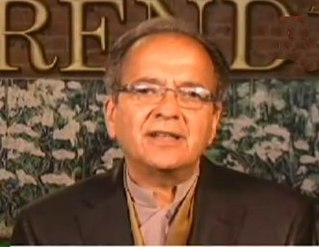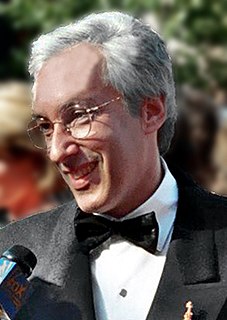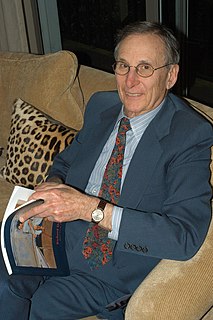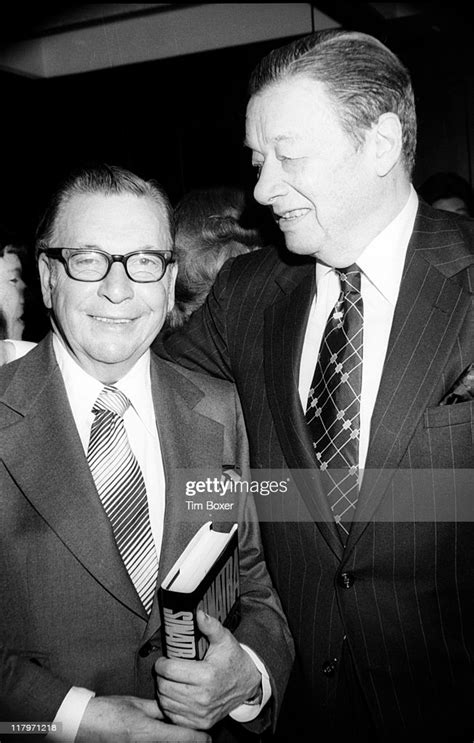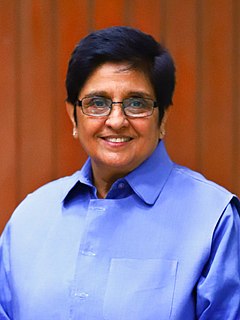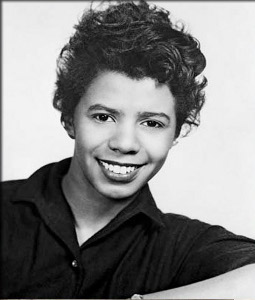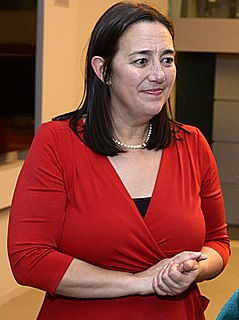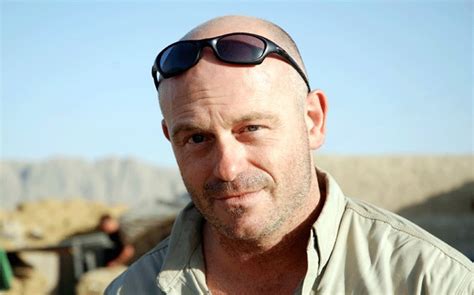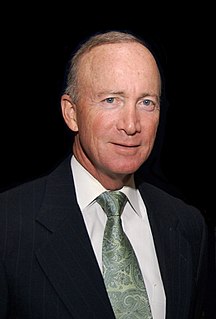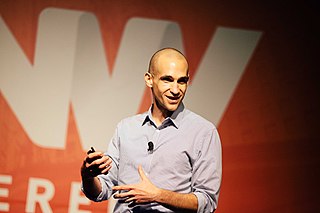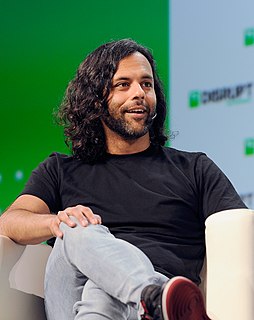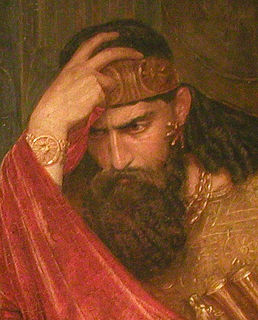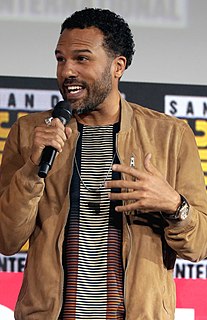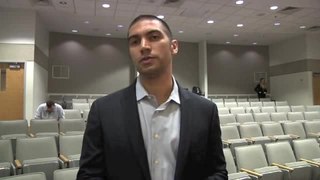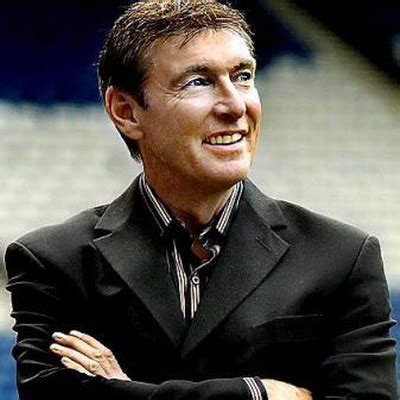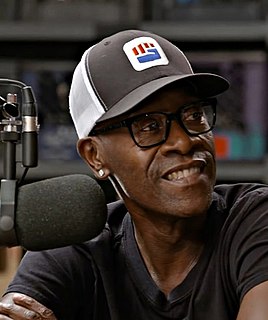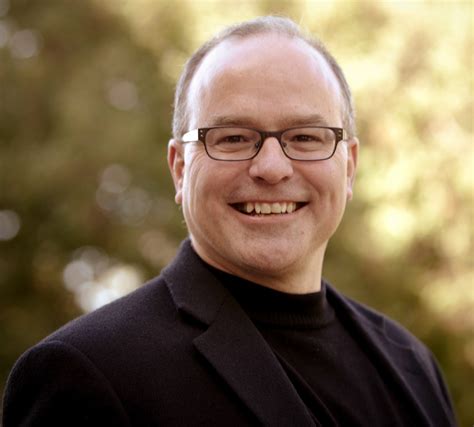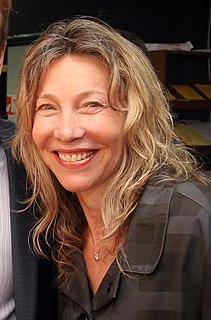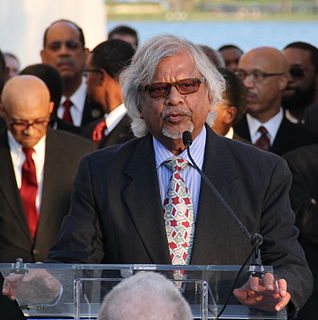Top 127 Haves And Have Nots Quotes & Sayings
Explore popular Haves And Have Nots quotes.
Last updated on April 14, 2025.
'Mixtape' is a very appropriate word to include in the title of Goran Hugo Olsson's film because it includes a rich mixture of cultural voices. They speak across different dividing lines such as those of haves and have-nots, youth and maturity, black and white, national and global, and the past and the present.
Liberalism's key principle is to redistribute wealth from the haves to the have nots. That takes money from the entities with the greatest potential to improve society (for example, corporations that create jobs, invent life-saving medicines, etc.) and redistributes it to the people, whom on average, will never contribute more to society than to hold a menial job.
We live increasingly in a world of haves and have-nots, of gated communities next to ghettos, of extreme poverty and unbelievable riches. Some enjoy rights that are completely denied to others. Relative inequalities are exploding, and the world's poorest, despite all the advances of globalisation, may even be getting poorer.
This is not to say that the government should confiscate from the "haves" and bestow upon the "have-nots", beyond the requirements of a compassionate welfare program to provide for those who cannot provide for themselves. Far from it. But it is to say that our duty is to foster a strong, vibrant wealth-producing economy which operates in such a way that new additions to wealth accrue to those who presently have little or no ownership stake in their country.
That was one of things that surprised me so much when I was writing the poems. The contrasts between the haves and have-nots is so complicated. It's financial of course, but it's also the lifestyle choices. The more money people have the further away from each other they often want to be. So while I loved not being hungry and having new gear, etc. I missed the sounds of my neighbors and the kind of generosity people who are struggling together often show.
Look at Ayatollah Khomeini's revolution and the slogans that they used: anti-imperialism; anti-colonialism; the struggle of the have-nots against the haves; the state monopoly over economy, which was very much patterned after the Soviet Union. All of these things did not come out of Islam. Islam is not that developed.
The free market is notorious for distributing resources in a highly unequal manner, with great concentrations of wealth at the top and poverty at the bottom. Our social programs, modest compared to those of many other Western countries, play an important role in redistributing some of those resources from the haves to the have-nots.
The ultimate object of education should be, Gandhi said, to help create not only a balanced and harmonious individual but also a balanced and harmonious society where true justice prevails, where there is no unnatural division between the haves and the have-nots, and where everybody is assured of a living wage and the right to live and the right to freedom.
